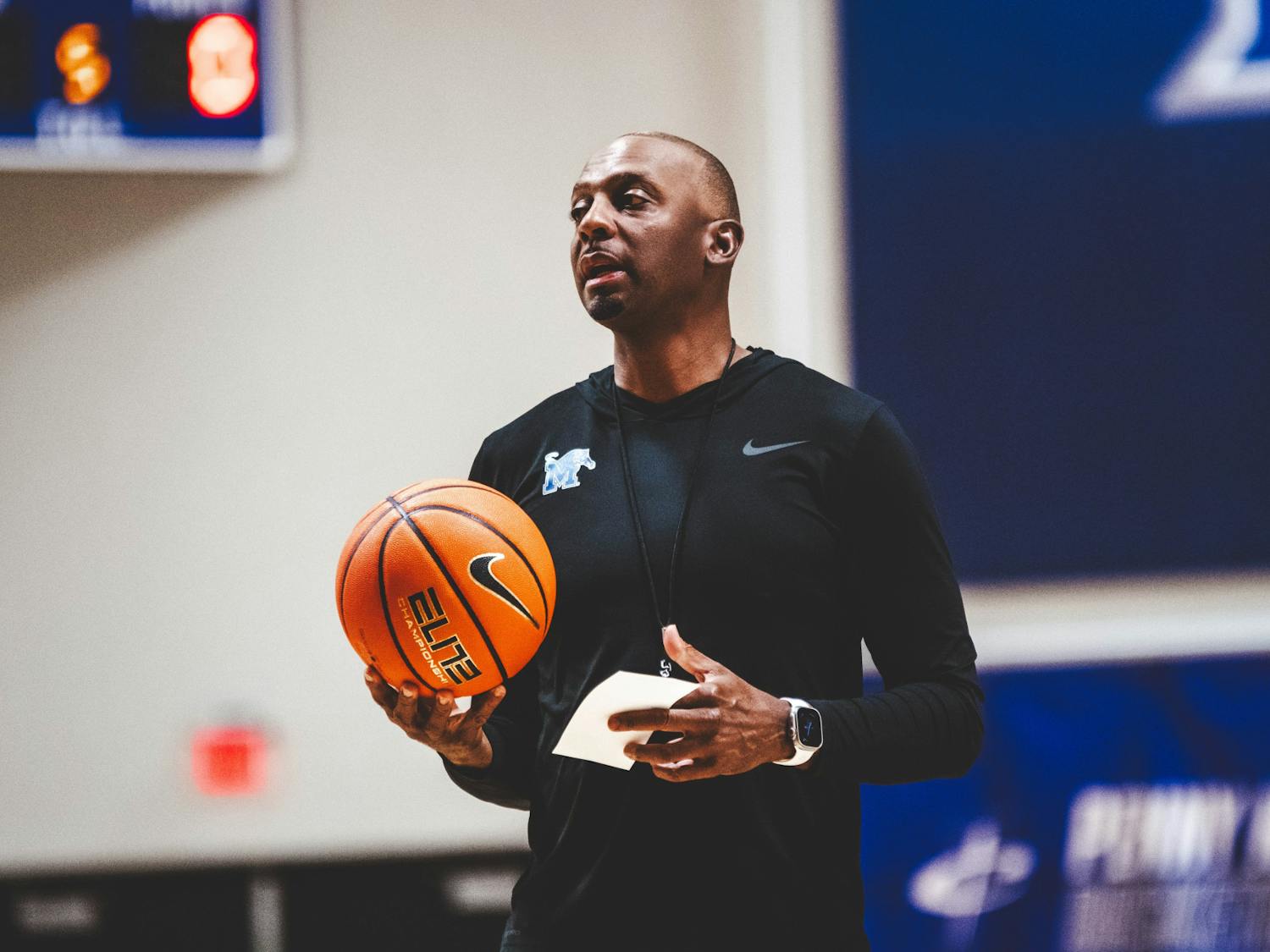Team culture can be hard to define as it is a bit of a broad term. Oftentimes it refers to the team's shared values, beliefs, attitudes and behaviors. A team’s culture isn’t necessarily about what they do, but how they work together to do it. The culture of a team establishes norms of appropriate behavior and lets team members know how they are to behave, communicate and cooperate.
The University of Memphis Track and Field team is diverse with athletes from all over the world coming together, sharing a common goal and love for their sport. Each teammate has their own background and culture that they bring to the table, making an overall well-rounded and diverse team when everyone knows what is expected regarding values, attitudes and strategy. And for a sport often seen as individualistic, the Tiger track and field team has found a way to form a melting pot of ideas, cultures and support.
No, this doesn’t mean every aspiring Tiger athlete joins the team with the same mindset and training as everyone else. But rather that the organization accepts and learns from each and every team member’s background and how he or she got to this point.
With many of the team members being international student athletes, the rest of the team gets a different insight to the sport as well as values and strategies taught elsewhere in the world. Those coming from different countries get a new insight as well, as they learn how the sport is carried out in America.
It can be a big adjustment moving from a different country to join a sports team. There are even differences in how different countries play sports. For example, the level of competition and training techniques can be completely different in Estonia than here in America. However, these different insights on a specific sport are key to a well-balanced and knowledgeable team hoping for success. International and non-international students both can benefit from teaming up, learning from each other and working together to uphold the team’s overall communal values.
Sonsoles Rodriguez, a native of Spain, joined the University of Memphis women’s track and field team in 2021, bringing her own cultural insight of the sport. As an international student athlete, she says she believes the benefits of having internationals on a team is mutual for all involved.
“I remember when I was meeting my teammates, they kept asking me questions about my country, the languages we have and what traditions we have,” Rodriguez explained. “And I did the same. I’ve learned stuff about Australia, Cyprus and so many other countries which is really nice. We definitely learn a lot about each other.”
Although Rodriguez says that everyone’s culture on the team is extremely different, the environment is welcoming and encouraging. She says when it comes to the sport of track and field, everyone is equal.
“When you are practicing and competing, there are no countries – everyone is equal and on the same team,” she said. “That is something I love, and that’s why I didn’t feel completely uncomfortable or out of place when I came here the first time. Outside of practice, we learn everything about each other, like different lunch times, ‘weird’ habits a person from another country has, new music and other ways of thinking about anything really.”
Braam Bisschop is originally from South Africa. He says having international student athletes like himself is a great learning and growing experience for a team.
“Sometimes people can be ignorant,” he explained. “Having such a diverse team helps them to learn more about other cultures, how other people do things, and it sets up a pleasant environment. It is fun picking up other people’s slang and making jokes about their home countries.”
A positive team culture allows all players a sense of purpose and belonging. With teams constantly evolving with new members and graduating athletes – personalities, talent and personal goals will vary, and the team is forced to adapt to be successful. Without a healthy team culture, it can be hard for individuals to feel included and worthy of ideas and communication.
It is important for a team to feel as one and be able to communicate. Many members of the Memphis track team agreed that, although diversity is crucial, the most important factor for a successful team is common values and goals. Ultimately, the diverse members of the Tiger track team have one common value in representing the city and University of Memphis through their passion of running.
Payton Gleason, a senior originally from New York, explained it simply.
“No matter where we came from, we all want to see each other succeed because we all ultimately made the decision to attend and represent the University of Memphis.”
Adam Yakobi, a junior hurdler on the Memphis Track and Field team, is from Holon, Israel.
Samantha Lenton, a senior thrower on the Memphis Track and Field team, is from Toowoomba, Queensland, Australia.



